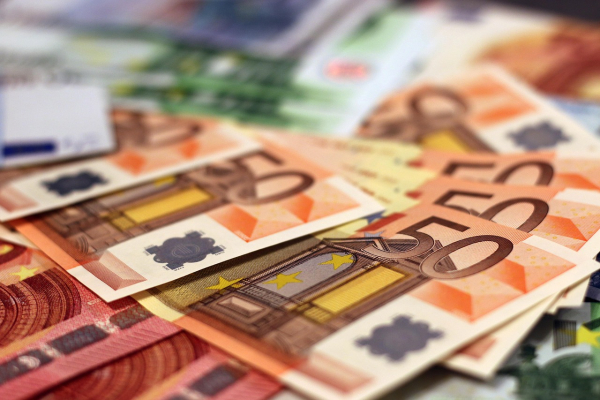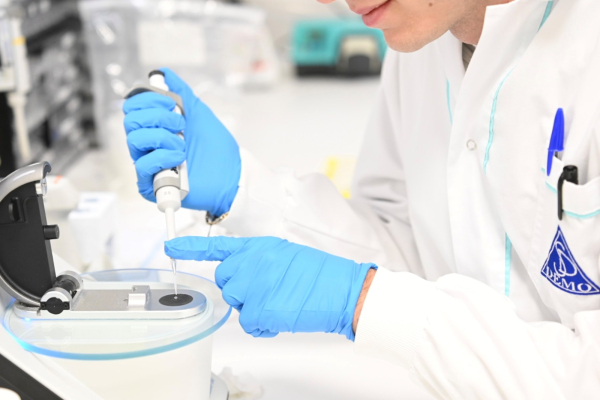The Center for Liberal Studies (KEFiM), a Greek think tank, has proposed a new taxation model designed to reduce the negative health impacts of products such as sugar, alcohol, tobacco, and salt. Developed in collaboration with Professor Panagiotis Liargovas, President of the Center for Planning and Economic Research (KEPE), the study explores how a differentiated tax system could adjust rates based on a product’s health risks while encouraging consumers to choose less harmful alternatives.
Unlike traditional "sin taxes," which aim to discourage consumption through higher costs but often lead to unintended consequences like inflation or illicit trade, this approach focuses on incentives rather than penalties. For example, tobacco products that do not involve combustion—proven to be less harmful than conventional cigarettes—could be taxed at a lower rate, making them a more attractive option.
The study also emphasizes the role of behavioral economics, noting that consumers do not always make rational choices. When taxes are too high and alternatives are not readily available, people may turn to illegal markets. Instead of imposing blanket taxes, KEFiM suggests a more nuanced approach, adjusting rates based on a product’s risk level to encourage informed decision-making.
In the case of alcohol, taxation could be based on ethanol content, promoting lower-alcohol beverages over stronger ones. Similarly, in the food industry, products high in sugar, salt, and saturated fats could face higher taxes, while healthier alternatives might receive tax incentives to make them more affordable and appealing.
According to the study, the goal is not to punish consumers but to guide them toward healthier and more sustainable choices. At the same time, the model could drive innovation among businesses developing less harmful products, turning taxation from a punitive measure into a tool for fostering a healthier and more responsible marketplace.
































